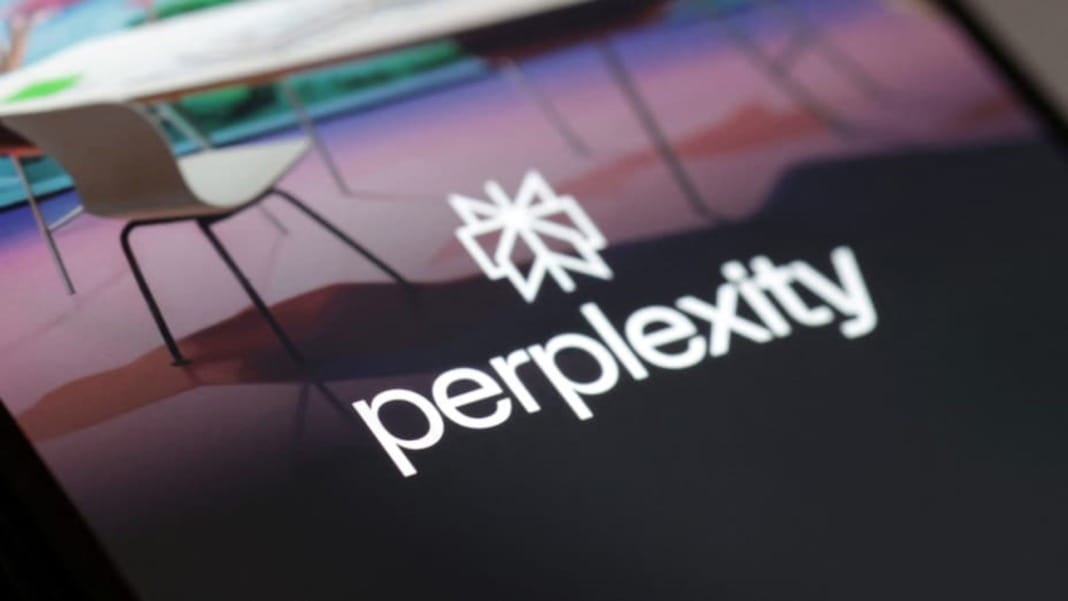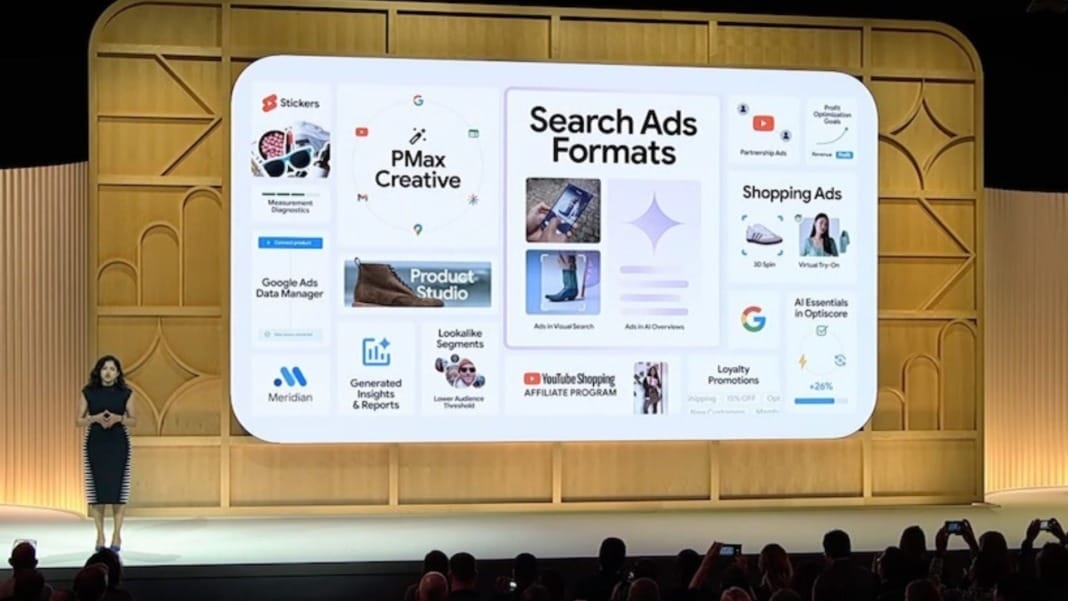To address plagiarism controversies, Perplexity, the AI-powered search startup, has launched its new “Publishers’ Programme.” This initiative aims to share ad revenue with media partners, marking a significant change in how AI companies handle content partnerships. This move could set a new industry standard for compensating publishers whose content helps train and power AI systems.
A new revenue model for publishers
Perplexity’s Publishers’ Programme promises to share a “double-digit percentage” of ad revenue with publishers when their content appears in search results. This is a notable step, as it offers a revenue-sharing model that benefits publishers directly. Initial partners in this programme include well-known names such as Time, Der Spiegel, and Fortune. Along with the revenue share, these partners will receive free access to Perplexity’s Enterprise Pro tier and developer tools.
This initiative is a potential game-changer in the digital advertising space. As Perplexity continues to grow, it could become a significant new channel for digital advertising, providing alternatives to industry giants like Google. The AI-powered search technology at Perplexity’s core may also lead to the development of new ad formats and targeting capabilities, offering something beyond what traditional search advertising can achieve.
Addressing the bigger picture
AI-powered search engines are inherently more costly than their traditional counterparts, driving companies like Perplexity to innovate quickly and develop sustainable business models. This revenue-sharing programme is a step in that direction. However, it comes on the heels of recent accusations of plagiarism against Perplexity, involving respected publications like Forbes and Wired.
Unlike other content licensing deals from companies such as OpenAI and Google, Perplexity maintains that it does not need to license content since its language model is not trained on publishers’ writing. This distinction is crucial as it shapes how Perplexity navigates its relationships with media partners.
Industry reactions and prospects
Industry reactions to Perplexity’s programme have been mixed. Automattic CEO Matt Mullenweg highlights the favourable revenue split compared to Google, which currently offers none. Perplexity’s Chief Business Officer, Dmitry Shevelenko, acknowledges that while the programme may impact profit margins, it is necessary for the company’s long-term success. Shevelenko emphasises that advertising will remain Perplexity’s primary revenue source. His goal is to transform the search engine model, which historically has not included a revenue-sharing component for media partners.
As the programme unfolds, it will be interesting to see how it compares to similar initiatives from competitors like OpenAI. The critical question remains whether Perplexity’s approach will satisfy publishers’ concerns about AI using copyrighted content without proper compensation. This programme could be a critical step towards redefining the relationship between AI companies and content creators, setting a precedent for future collaborations in the digital age.





